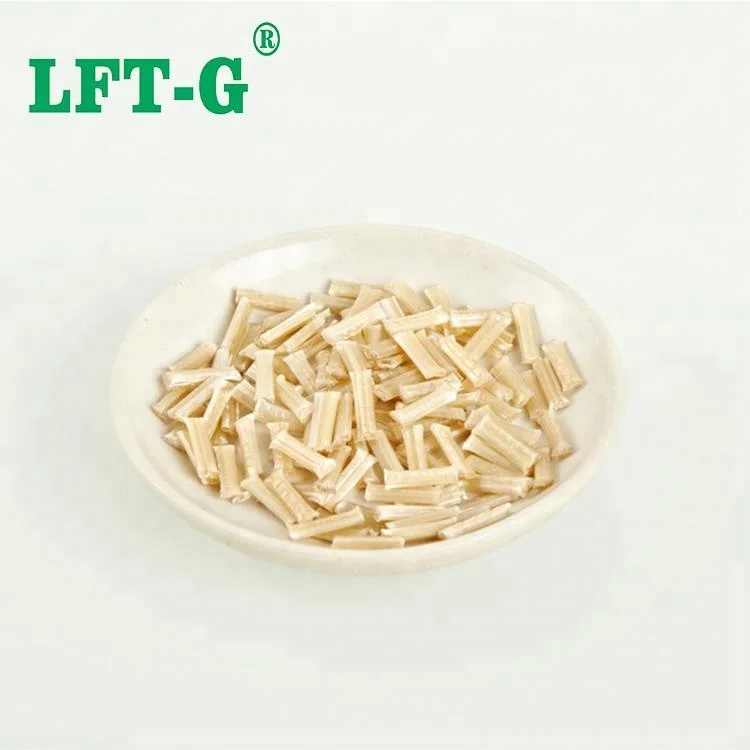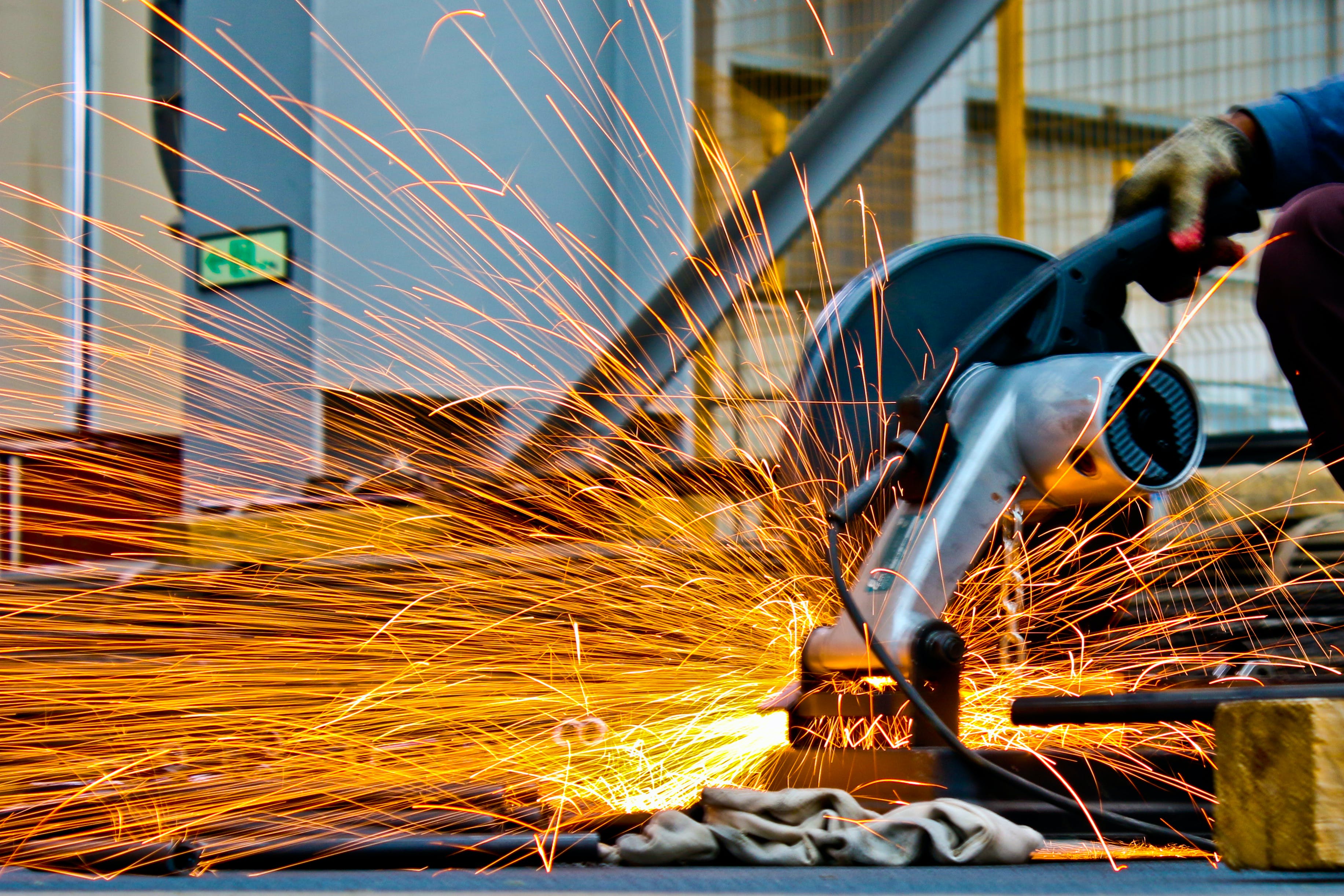
Introduction
Polyphenylene Sulfide (PPS) is a semi-crystalline thermoplastic engineering polymer composed of alternating benzene rings and sulfur atoms in its molecular backbone, with the structural formula -[Ph-S]n- (Ph representing a phenyl ring). This unique combination of rigidity and stability has earned PPS the nickname “Plastic Gold.”

PPS Long Glass Fiber Reinforced
Four Core Properties of PPS
1. High Temperature Resistance
Heat Deflection Temperature (HDT):
≥260°C (unreinforced), with a continuous use temperature of up to 220°C.
Thermal Aging Resistance:
Maintains 80% or more of its mechanical strength even after 1,000 hours of exposure at 200°C.
2. Chemical Stability
Corrosion Resistance:
PPS resists acids, bases, and organic solvents (e.g., gasoline, ethanol). It corrodes only slowly in strong oxidizing media such as concentrated sulfuric or nitric acid.
Hydrolysis Resistance:
PPS exhibits excellent stability in high-temperature and high-pressure steam environments, making it ideal for extreme conditions such as deep-sea applications or chemically aggressive industrial environments.
3. Mechanical Performance
High Rigidity:
Pure PPS has a flexural modulus of about 3.8 GPa. When reinforced with glass fiber (e.g., PPS GF40), it can reach 12–15 GPa—comparable to aluminum alloys.
Wear Resistance:
With a low coefficient of friction (0.02–0.03), PPS significantly extends the lifespan of moving components like gears and bearings—by more than 30%.
4. Flame Retardancy & Electrical Properties
Flame Rating:
UL94 V-0 at 1.5 mm thickness, without the need for additional flame retardants.
Dielectric Strength:
18–22 kV/mm, making it an excellent insulator for high-frequency electronic components.
Modification Directions and Processing Techniques
Modification Technologies
| Modification | Key addicitives |
Performance Improvements |
Typical Applications |
|
Reinforced grade |
Glass Fiber or Carbon Fiber |
Improved impact resistance, increased flexural modulus |
Automotive structural parts, electronic housings |
|
Wear-Resistant grade |
PTFE / Graphite |
Reduced coefficient of friction (0.01–0.02) |
Bearings, sealing components |
|
Conductive grade |
Carbon Fiber / Metal Powder |
Lower surface resistivity (10³–10⁶ Ω) |
Anti-static electronic components |
|
Chemical-Resistant grade |
Nano Ceramic Particles |
Enhanced resistance to strong acids and alkalis |
Linings for chemical reactors |
Processing Techniques
Injection Molding: Requires high-temperature molds with precise temperature control between 130-160℃. The processing temperature ranges from 300-330℃. Suitable for complex and precise parts such as connectors and gears.
Extrusion Molding: Used for producing films and pipes. It is necessary to control the melt flow to prevent excessive crystallization.
Sintering: For ultra-thick wall components, pressing is performed at high temperatures to increase density.
Extensive Applications of PPS Across Various Fields
1. Electronics and Electrical Industry
Semiconductor Packaging:
With high heat resistance (>260℃), PPS provides excellent protection for chips against damage caused by soldering thermal stress, such as in CPU packaging housings.
High-Frequency Connectors:
Featuring low moisture absorption (<0.05%), PPS ensures signal stability even in humid environments, making it ideal for use in 5G base stations and smartphones.
2. Automotive Industry
Engine Components:
PPS can withstand high temperatures up to 220℃ and is suitable for use in turbocharger housings, fuel injectors, and other segments. It can replace metals and reduce component weight by up to 40%.
Electrification Trend:
With inherent flame-retardant properties under high-voltage conditions, PPS is applicable in electric vehicle charging station insulators, battery module brackets, and other components requiring high flame resistance.
3. Aerospace
Lightweight Structural Components:
PPS has a density of 1.34 g/cm³, offering up to 50% weight reduction compared to standard aluminum alloys. It is suitable for lightweight applications such as aircraft interior brackets and satellite radomes.
Radiation Resistance:
Due to its ability to resist cosmic rays and extreme temperature fluctuations, PPS can be used as a substrate material for spacecraft circuit boards.
4. Environmental Protection and Chemical Industry
Corrosion-Resistant Piping:
In chemical pipelines transporting concentrated hydrochloric acid and organic solvents, PPS pipes offer a service life twice that of stainless steel.
For more information on PPS long glass fiber and long carbon fiber reinforced materials, please contact our technical experts. We are committed to providing professional support and customized material solutions to meet the specific demands of your application.
